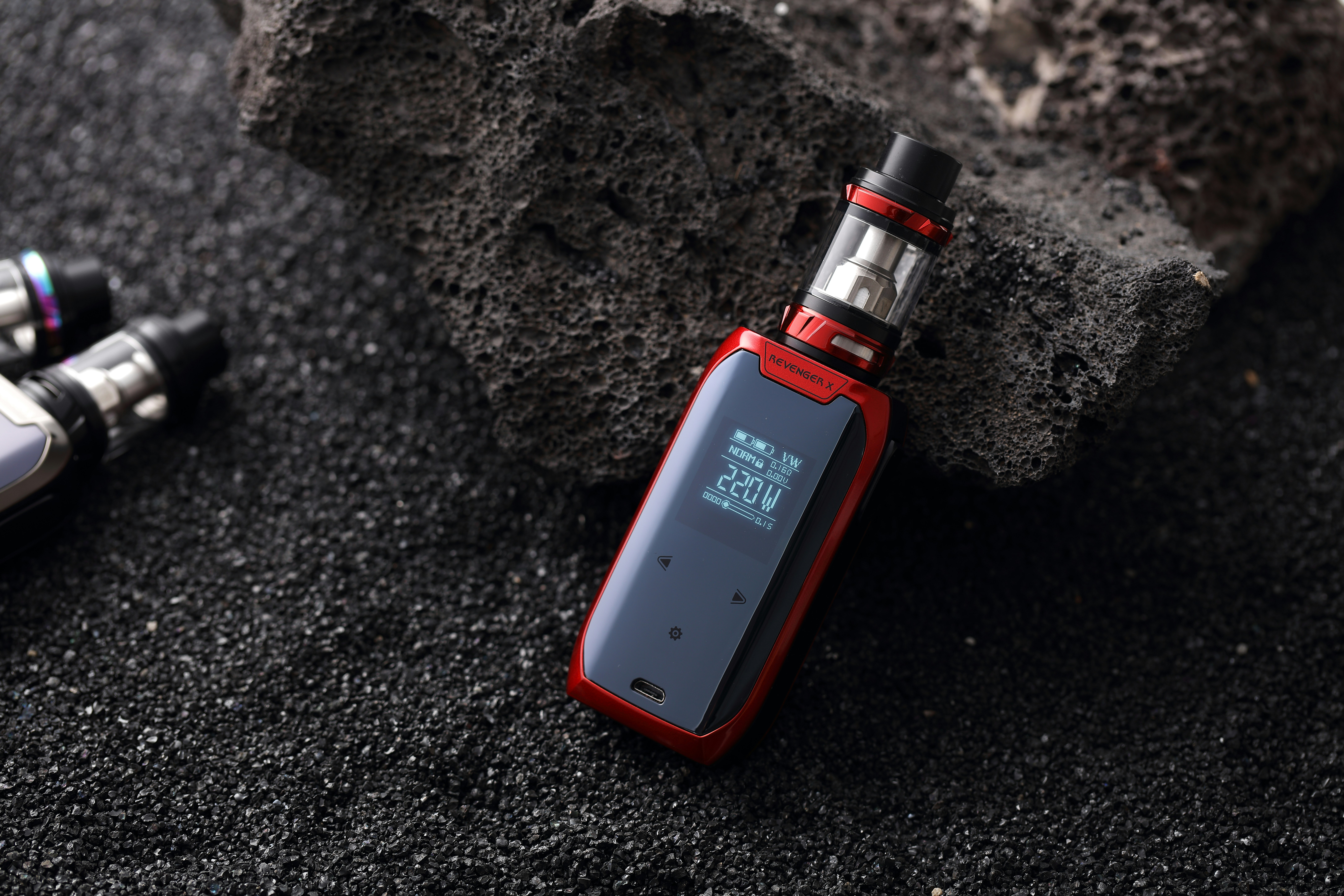Working closely with someone means that you’ll be exposed to their behaviors, their personality and possibly even signs of their drug addiction. Addressing drug addiction at work has its challenges, but it could help your co-worker get the help and treatment they need. Here are some tips explaining how best to address a co-worker’s drug addiction in a helpful way.
DON’T: Embarrass Them in Front of Others
According to the Department of Labor, 73% of all drug users are employed. This means that many drug users are able to function, at least in some capacity, and they could be employed in any industry across the country. If you notice that a co-worker is struggling with drug addiction, it’s natural to want to help. However, embarrassing them can backfire and create more problems. Speaking with a coworker might be ideal in private, rather than in a group setting or in a meeting. Gossiping about a potential drug addiction rather than going straight to the source to offer help is ill-advised from an ethical—and perhaps legal—standpoint.
DO: Look for Signs of Drug Abuse and Addiction
There are a number of different signs that might indicate a drug addiction at work, according to the Substance Abuse and Mental Health Services Administration (SAMHSA). Some of the most common can include the following:
- Smell of marijuana smoke on clothing
- Persistent and unusual errors in work
- Unusual behavior
- Unexplained breaks or tardiness
- Falling asleep on the job
- Outright discussing drug use
DON’T: Be Judgmental
When addressing a drug addiction in the workplace, it’s important not to come across as judgmental or accusatory. If the person truly is struggling with a drug addiction, then they have an illness and they’re in need of treatment. Leave anger and judgement at the door, and find out how you could establish a confidential Employee Assistance Program, something recommended by the National Council on Alcoholism and Drug Dependence.
DO: Explain the Business Risks as Well as Personal Concerns
The primary focus of your help should focus on the individual struggling with drug abuse. However, you may also want to help them understand that their addiction impacts more than just a single person. The Substance Abuse and Mental Health Service Administration states that employees addicted to drugs can make errors at work, put others in harm’s way or cost businesses money. It’s possible that seeing how their actions impact others might encourage them to take action and seek help sooner.
DON’T: Act Alone
Although a large group isn’t always necessary, you may wish to address your coworker with another colleague or with a supervisor, as recommended by the University of Massachusetts. This can help in case there are any problems or accusations. It can also help them understand the severity of their addiction and how it can impact the entire workplace. After talking with your coworker about his or her drug addiction, they may be ready to seek treatment. Have them call Lakeview Health in Jacksonville, Florida, at 866-704-7692. Their drug treatment programs can help patients recover from addiction and lead the healthy, sober life they deserve.




